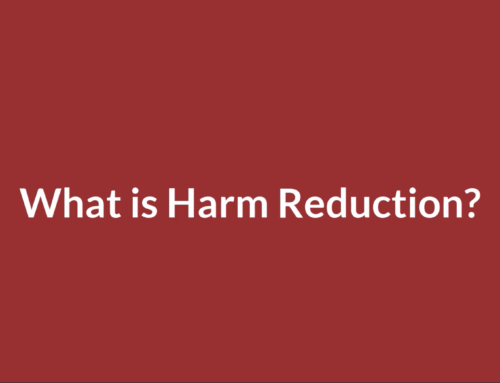
What Effects do Opioids Have on People?
Doctors sometimes prescribe opioids, often known as narcotics, to manage severe or chronic pain. They are used by those with persistent headaches and backaches, recovering from surgery, or dealing with excruciating pain from cancer, as well as for adults and kids who have suffered major injuries while playing sports or in falls, car accidents, or other situations.
Opioids can be produced in a lab, such as fentanyl (Actiq, Duragesic, others), or from the poppy plant, such as morphine (Kadian, Ms. Contin, and others).
How do Opioids Function?
Opioids, a large class of painkillers, interact with opioid receptors in your cells to relieve pain. Your brain cells release signals that reduce your sense of pain and increase your emotions of pleasure when opioid drugs pass through your blood and bind to opioid receptors. Opioids can successfully reduce pain, but they also come with some hazards and have a significant potential for addiction. The risk of addiction is particularly high when opioids are used for a prolonged period to treat chronic pain.
Risk Factors for Misuse and Overdose of Opioids
The characteristics of the opioid pharmaceutical and how they are prescribed can influence the risk of non-medical usage and other negative effects. The chemical component, the formulation, and the intended method of administration of opioid drugs are three crucial factors that have been proven to affect the risk of side effects. The dosage and number of tablets prescribed, as well as other prescribing trends, are also important.
Opioids may make you feel sleepy at low dosages, but in greater quantities, they might cause breathing issues and heart rate slowdown, which can be fatal. Additionally, the pleasure that an opioid produces can make you desire to keep having similar feelings, which can develop into addiction.
By carefully following your doctor’s instructions and taking your prescription exactly as directed, you can lower your risk of experiencing harmful side effects. In addition, ensure that your doctor knows all the other drugs and dietary supplements you are taking.
Overdose deaths in the country are at an all-time high. The spike in overdose fatalities is mostly due to the widespread use of fentanyl and its analogs. Fentanyl, a synthetic opioid that is 50–100 times more potent than morphine, and its analogs, which are frequently even more potent, have been discovered in pills, cocaine, heroin, MDMA/ecstasy, and Molly, among other illegal substances, frequently without the knowledge of either the makers or the consumers.
The Need For Opioid Addiction Harm Reduction
TThe global pandemic is making the drug abuse and overdose epidemic worse than it has ever been, and it is being fueled by the spread of highly potent synthetic opioids, which largely comprise fentanyl and its analogs.
Harm reduction is more important than ever to save individual lives and benefit the community.
Harm reduction helps prevent possible harm from substance use while also saving lives. This approach emphasizes interacting directly with drug users to prevent overdoses and the spread of infectious diseases, improve the physical, mental, and social well-being of those served, and provide low-threshold options for accessing services for substance use disorders and other medical needs. The belief in and respect for the rights of drug users is the foundation of the harm reduction movement, which is also a social justice movement. It is successful in combating the public health crisis of substance abuse, infectious diseases, and other negative effects of drug usage.
Syringe services programs, access to fentanyl test strips, overdose prevention centers, more readily available naloxone, and overdose prevention education and training are all examples of harm reduction strategies. These measures help people recognize overdoses and know how to respond to them in order to reverse them – removing obstacles to treatment and medication use, Deterra medication disposal bag, lowering stigma associated with substance use, substance use disorder, a medication used to treat addiction, and people who use substances through anti-stigma work, public awareness campaigns, grassroots work by peers, recovery supports, and prevention coalitions.
Volunteers of America have spent the past 125 years working directly with the public to reduce the devastation caused by opioid addiction. We promote wellness and work to provide a healthy community for everyone in need.
If you or someone you know need help, contact us right now!


